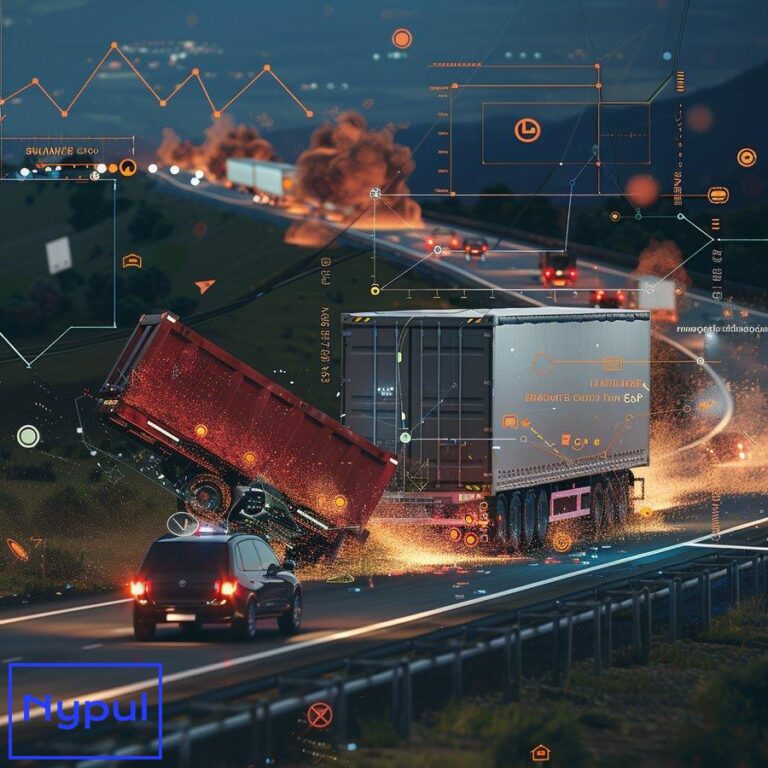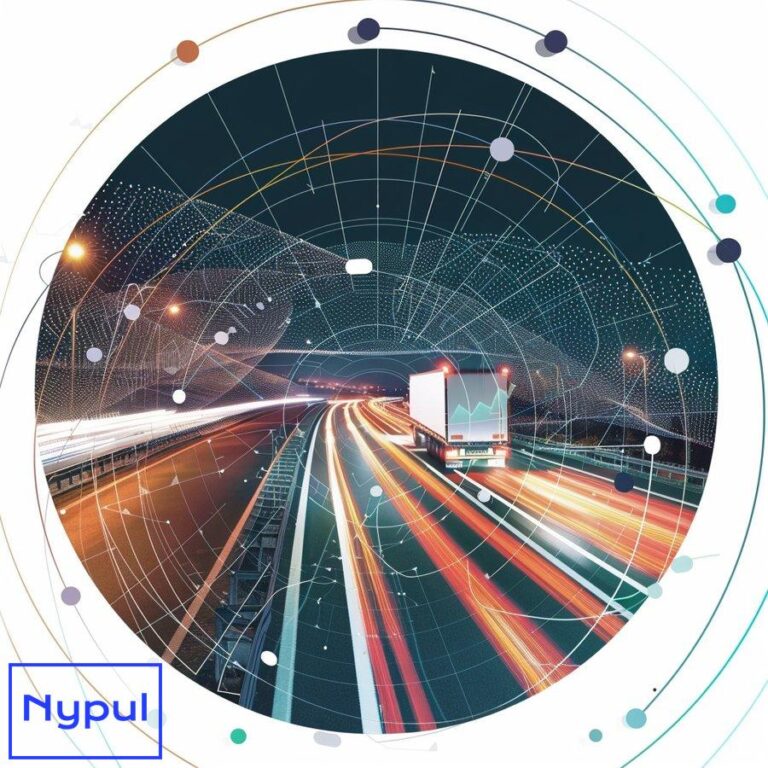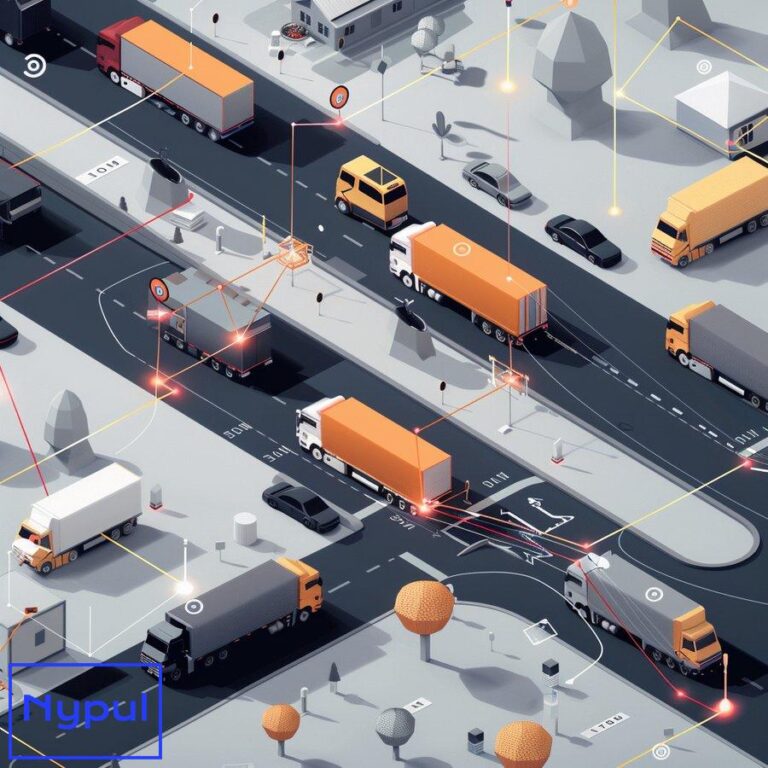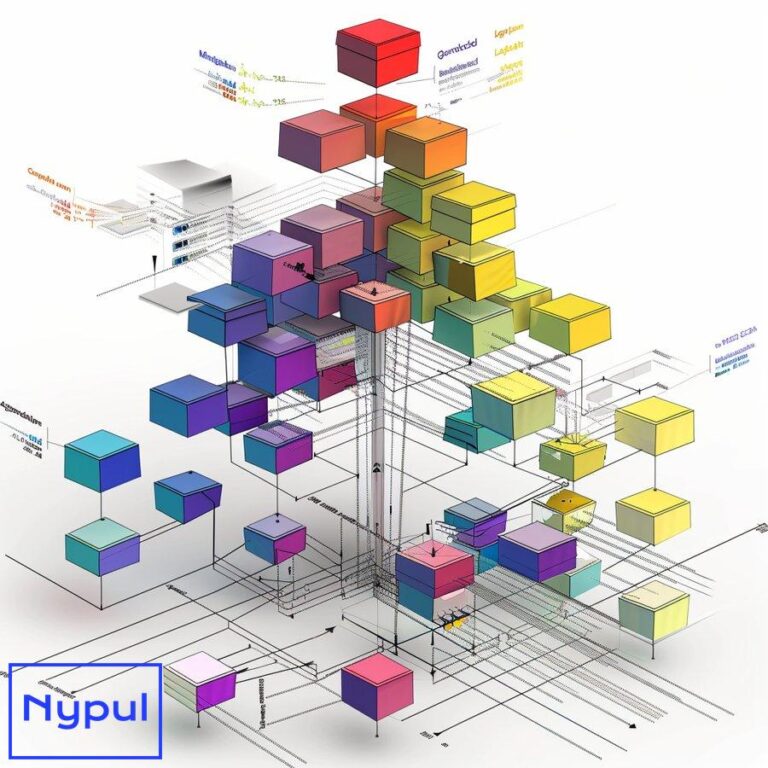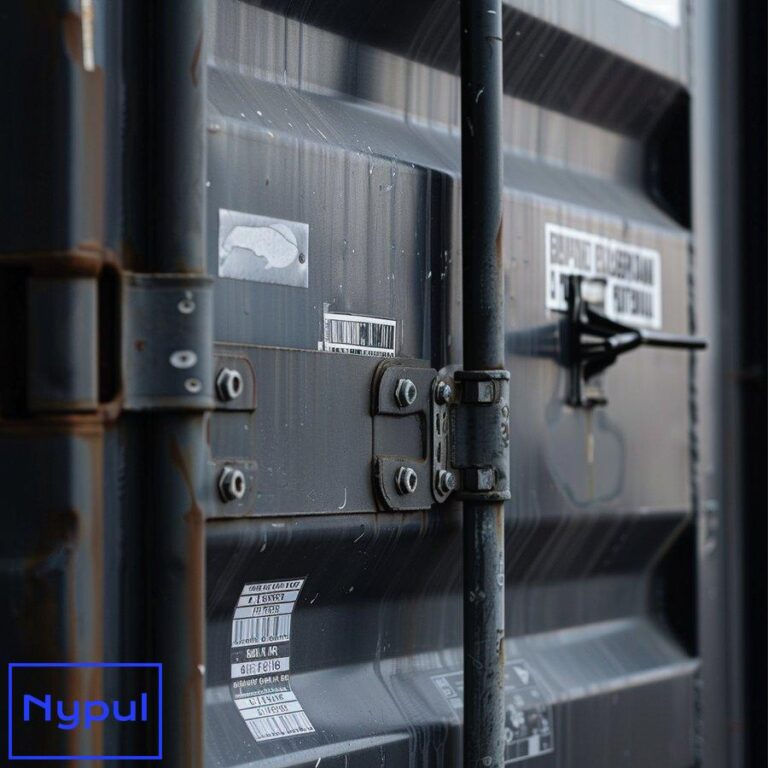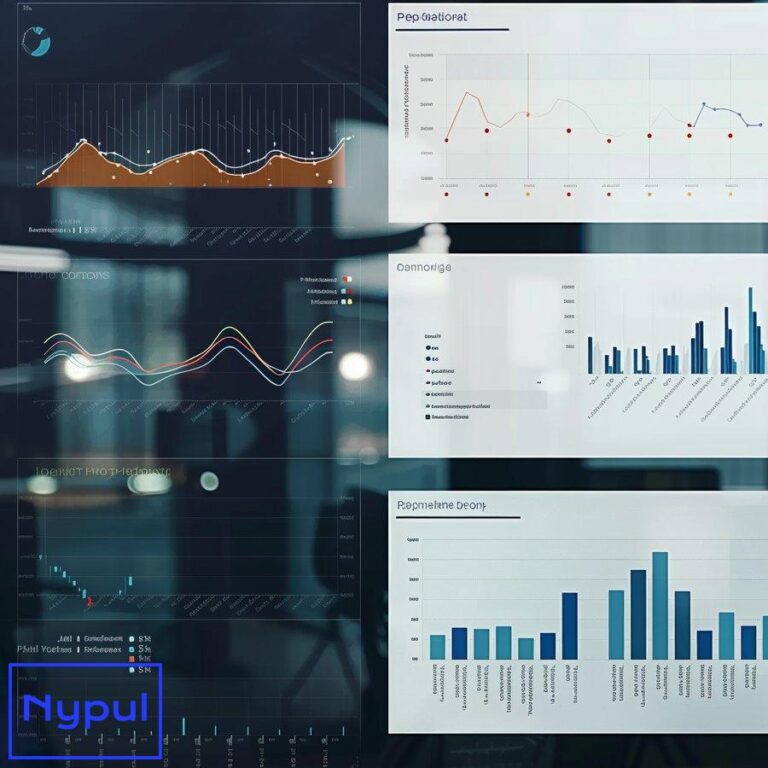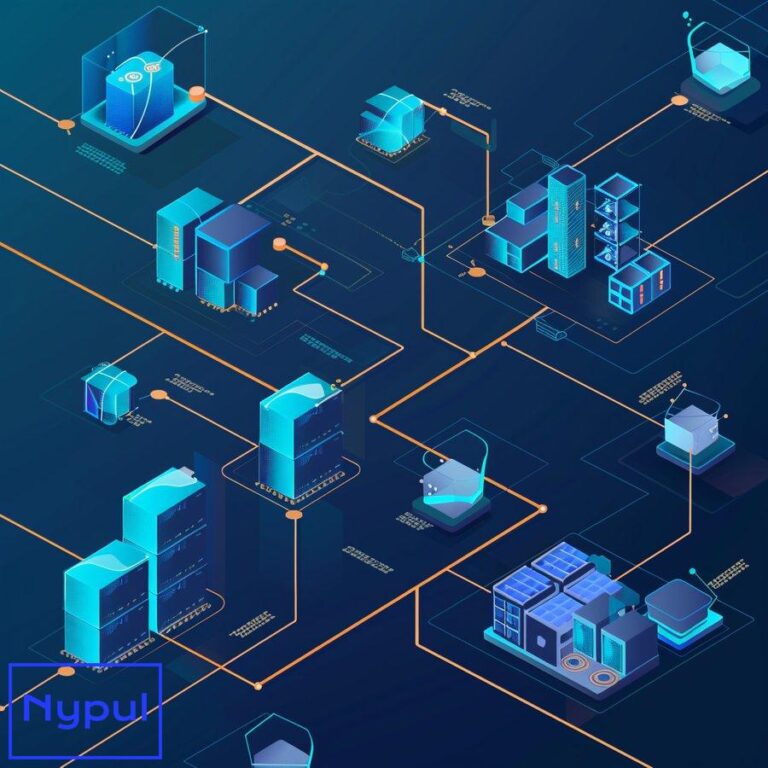What Is Robotic Process Automation RPA for Administrative Tasks
What is Robotic Process Automation (RPA)? Robotic Process Automation (RPA) is a transformative technology that uses software robots or “bots” to automate repetitive, rule-based tasks traditionally performed by humans. These digital workers operate on the user interface level, mimicking human actions to interact with various applications and systems. RPA bots can perform a wide range…

